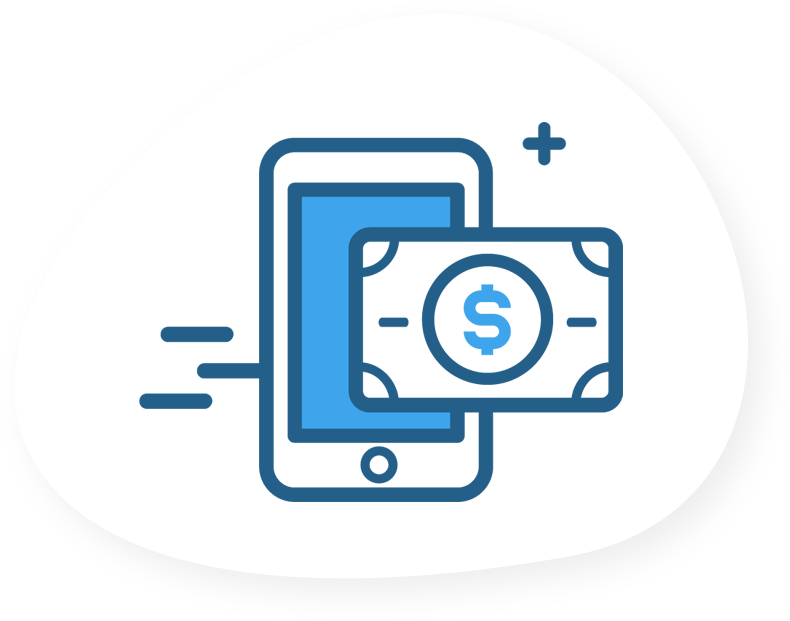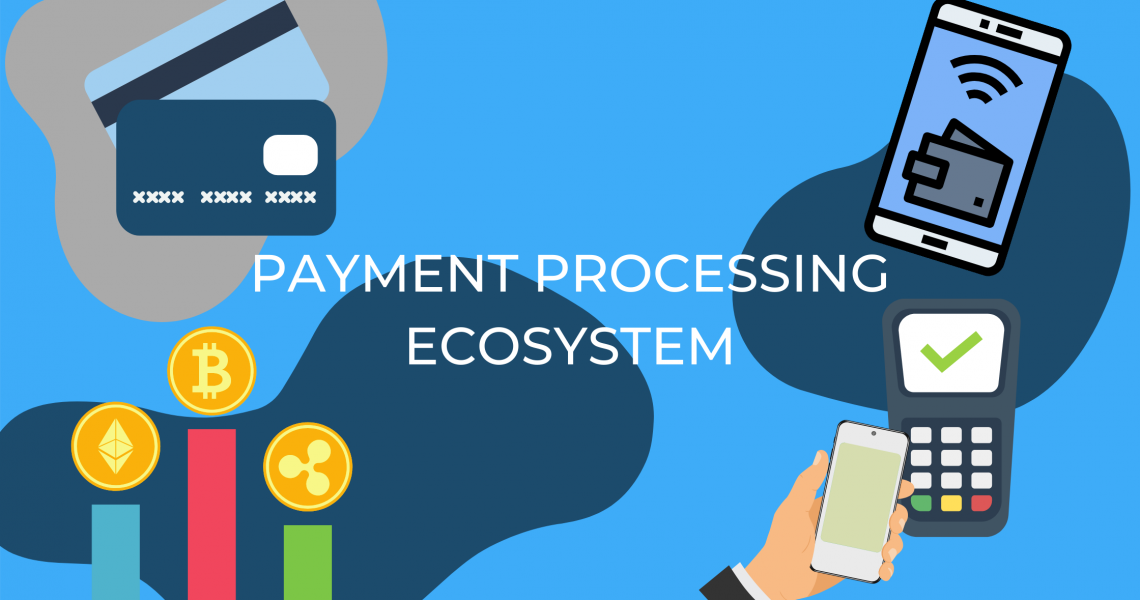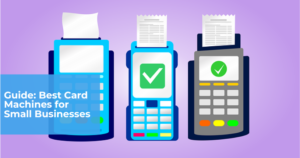Have you ever thought about where the first payment card came from? Back in 1950, Ralph Schneider and Frank McNamara invented the card to enable members to use charge cards at their Diners’ Club. Since then these disruptive technologies have taken over the market expanding into an entire payments processing ecosystem. The future of payments is directed towards contactless payment methods (also thanks to Covid), customers’ autonomy and business management software offering integrated payments solutions to their merchants. Therefore, while cash payments’ days have not come to an end, payment processors that help accept payment digitally are turning into invaluable team players for merchants. It is then crucial to understand what happens when taking payments from customers as, after all, the process involves handling sensitive financial information.
Index:
What is a payment processor?
Payment processors are companies acting as intermediaries between enterprises and financial institutions, appointed to handle transactions from different channels like credit and debit cards. If there are enough funds, a payment processor communicates information from the client’s card to the merchant’s bank and the client’s bank, and the transaction happens in a matter of seconds.
Payment processors help businesses accommodate more customers and payment methods and, at the same time, they make payments safe and easier. They come, however, with different types of fees, which can include start-up fees, transaction fees, termination fees and the likes. There are two types of processors: front-end and back-end. The former has connections with card associations, and issues authorization and settlement services to the merchants’ banks. The latter accepts settlements from the former and moves the actual money to the merchants’ bank. Payment processors’ features result in cost reductions, accelerated time-to-market, and improved transaction processing quality. They are usually useful for businesses that want to accept different types of payments.
It is worth noting that processors are not the only significant part of the payment processes. In fact, different actors are involved in a payment, which are: the customer, the merchant, the payment processor, the payment gateway, the enterprise’s bank and the customer’s bank. The payment gateway is a type of software that handles the technical side of transferring cardholder information and it acts as a broker between the merchant’s account and the card companies. To successfully manage payment transactions, all these elements must be present.
How does a payment processor work?
To further grasp how payments work, it is useful to be familiar with some of the technical terms (boring right, but much needed). The merchant account is a bank account that accepts credit and debit cards payments. The issuing bank is the financial institution that issues the customer’s digital payment method. The acquiring bank is the financial institution that settles the approved transaction. In a basic customer-to-business transaction the following happens:
- The customer chooses a product or service to purchase from the merchant, virtually or in person.
- At the check-out, the customer chooses the payment method thus scanning a mobile device, swiping a card, etc. hence transferring the financial information to the payment gateway.
- The customer’s information is transmitted to the payment processor which assesses its validity by communicating with the issuing and acquiring banks.
- The acquiring bank settles the transaction.
- The payment processor ensures the payment is transmitted into the merchant’s account.
SimplyPayMe: what is a payment service provider and why is it so important?
A payment service provider offers solutions and services for accepting and handling electronic payments via a variety of methods such as bank transfer, cards and online banking. In other words, it makes it easy for merchants to smoothly and easily accept different payment methods. It is therefore easy to see where the importance of payment service providers lies. E-commerce, accelerated by covid, played a steadily growing role in sales in the last years and so did the need for an integrated, multichannel payment strategy. It is indeed crucial for merchants to be able to accommodate easily and quickly the payment needs of their clients in a virtual setting, and to do so in the quickest possible way. Payment service providers cater merchants exactly for that, and this is where we come in!












